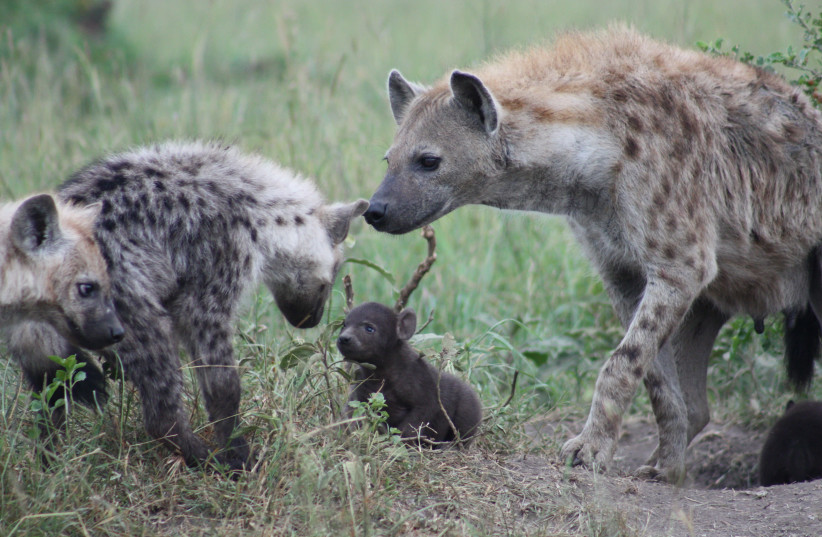A genetic component in animals may allow them to evolve faster than scientists previously thought, according to a study published last week.
The study, which was published in the peer-reviewed Science journal, was led by Dr. Timothée Bonnet of the Australian National University.
The researchers applied new statistical methods to data concerning 19 species of animals from around the world and found that genetic factors more than environmental factors enabled most species to evolve for survival and reproduction.
“Hihi are one of the unluckier species, with a lower capacity to adapt,” says Dr Anna Santure of Waipapa Taumata Rau University of Auckland who also took part in the study.
"Hihi are one of the unluckier species."
Dr. Anna Santure

“However, this research suggests that many species can adapt quickly, provided they’re not totally outpaced by habitat loss and climate change.”
Other findings
Researchers also showed that new species that were introduced to new habitats, such as European weasels in New Zealand, adapted rapidly to their new environments.
These faster changes are more easily detected by scientists now with genetics and statistics even when they are small and happen over a few years.
The respective studies for each species were conducted over an average of 30 years, carefully detailing data on wild animal populations.
